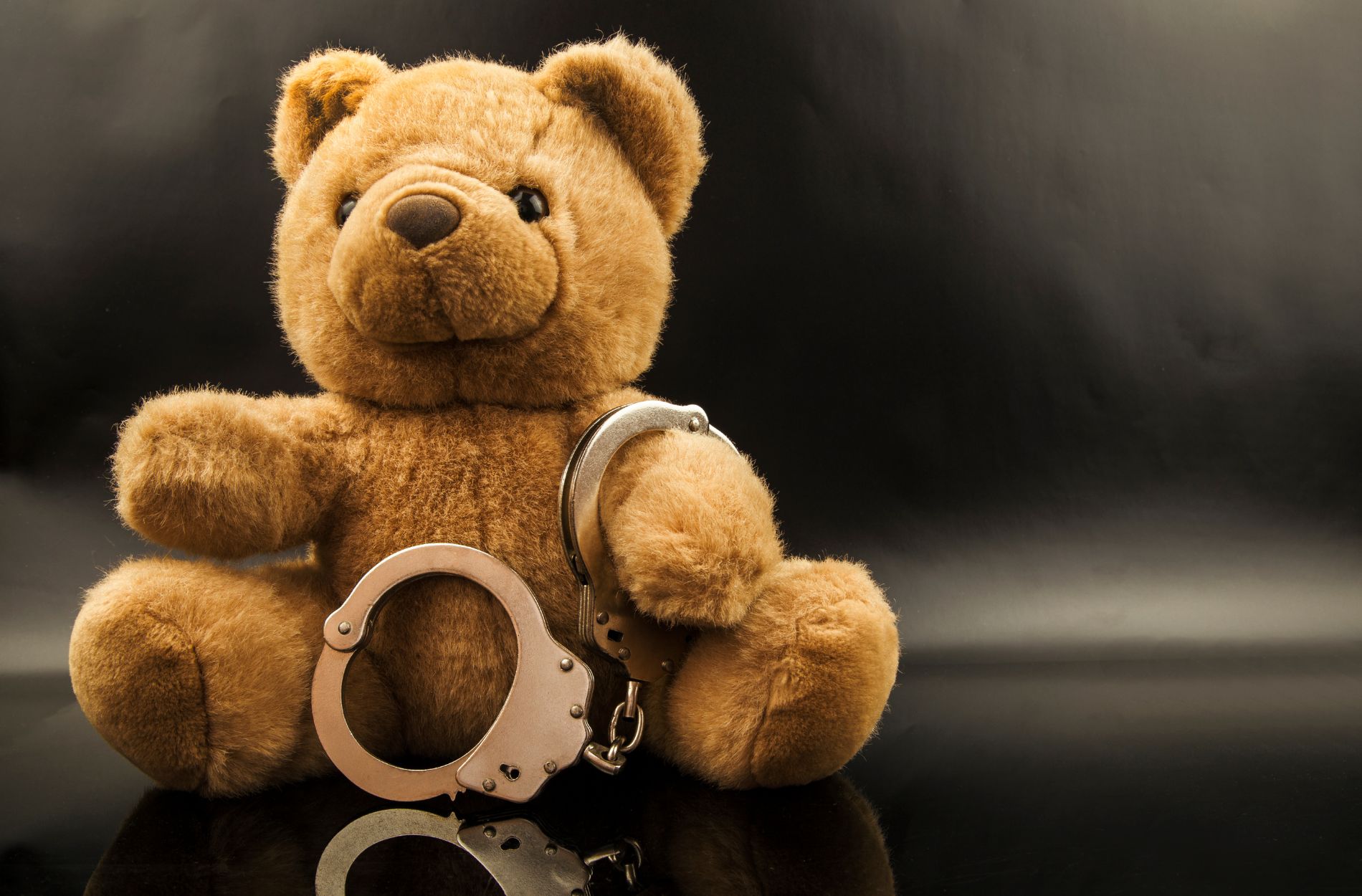When a minor is charged with a criminal offense, it can be an incredibly challenging and emotional experience for both the child and their family. Juvenile offenses can carry severe consequences, impacting a young person’s life and future opportunities well into adulthood. It is essential to understand the legal aspects of juvenile offenses and recognize the importance of experienced legal representation to protect your child’s rights and future.
BFP Law Firm’s commitment to providing legal services to people and families in need extends to representing juveniles facing criminal charges. Our skilled attorneys are dedicated to navigating the unique challenges of the juvenile justice system, working tirelessly to achieve the best possible outcome for each client.
Juvenile offenses encompass various criminal acts, such as DUI/DWI, drug offenses, theft, robbery, assault and battery, or domestic violence. While addressing these offenses, the juvenile justice system is designed to focus on rehabilitation and accountability rather than punishment. This approach aims to provide young individuals with support and guidance to overcome the challenges leading to their actions and prevent future involvement in criminal activities. However, despite the juvenile justice system’s unique focus, the stakes remain high for the accused, making it essential to secure professional legal representation.
In this blog post, we will explore the legal consequences commonly associated with juvenile offenses and underscore the importance of skilled legal representation. Furthermore, we will discuss the ways an experienced attorney can help navigate the complexities of the juvenile justice system to protect your child’s rights and long-term well-being. If your child is facing criminal charges, don’t hesitate to reach out to the dedicated legal team at BFP Law Firm for guidance and support during this difficult time.
Navigating the Juvenile Justice System
The juvenile justice system is designed to address criminal offenses committed by individuals under the age of 18. This system operates separately from the adult criminal justice system, following unique processes and focusing on rehabilitation rather than punishment. Some key aspects of the juvenile justice system to be aware of include:
- Intake and Assessment: After a minor is arrested, they usually undergo an intake and assessment process, which involves evaluating the child’s needs, risks, and potential eligibility for diversion programs.
- Detention Hearings and Release: Depending on the severity of the offense and the child’s history, a detention hearing may be held to determine if the minor should be released to their parents or held in a secure facility until their case is resolved.
- Adjudicatory Hearings: Instead of a traditional trial, juveniles are typically subject to adjudicatory hearings presided over by a judge. The judge determines if the minor is guilty or not guilty after hearing the evidence presented.
- Disposition Hearings: If a juvenile is found guilty, a disposition hearing (similar to an adult court sentencing) follows, where the judge considers the recommended rehabilitative programs or sanctions and imposes them accordingly.
Potential Legal Consequences of Juvenile Offenses
Even though the primary aim of the juvenile justice system is rehabilitation, minors still face significant legal consequences if found guilty. Some possible outcomes include:
- Probation and Monitoring: A judge may order a juvenile on probation, where they must adhere to various conditions, such as attending school, participating in counseling, or abiding by a curfew.
- Restitution and Community Service: Juveniles may be required to pay restitution to their victims or complete a certain number of community service hours as part of their rehabilitation.
- Educational Programs or Counseling: Minors may be ordered to attend specialized programs aimed at addressing the underlying issues that contributed to their criminal behavior, such as substance abuse treatment or anger management classes.
- Detention in a Juvenile Facility: In more severe cases, juveniles may be sentenced to spend time in a secure facility, ranging from a short-term stay to long-term detention.
The Importance of Skilled Legal Representation
Failure to address juvenile offenses appropriately can have far-reaching consequences that impact a young person’s life long after the legal process is complete. It is critical to retain experienced legal counsel to navigate the complexities of the juvenile justice system. Benefits of hiring a skilled attorney include:
- Familiarity with the Unique Processes: A qualified attorney will be well-versed in the specific procedures and timelines of the juvenile justice system, ensuring that your child’s case is handled appropriately.
- Advocacy for Alternative Programs: An experienced attorney can advocate for diversion programs or alternative sentencing options that better support your child’s rehabilitation and avoid more severe legal consequences.
- Negotiation Skills: Skilled attorneys can negotiate with the prosecuting attorney to potentially reach agreements that reduce charges or lead to a more favorable resolution of the case.
- Support during Emotional Challenges: Having a compassionate and committed attorney by your side can provide invaluable emotional support and guidance during a difficult time.
Protecting Your Child’s Future
Parents play an essential role in supporting a child facing criminal charges, and being proactive can contribute to a successful outcome. Here are a few ways you can help protect your child’s future:
- Remain Involved and Informed: Stay engaged in your child’s case, keep yourself informed about the legal process, and collaborate with your attorney to ensure the best possible representation.
- Offer Support and Encouragement: Encourage communication, provide emotional support, and help your child understand the gravity of the situation and the importance of taking responsibility for their actions.
- Seek Additional Resources: Consider supplementing any court-ordered programs with additional resources or support services, such as tutoring, mentoring, or counseling, to help your child overcome challenges and reduce the risk of reoffending.
Safeguarding Your Child’s Rights and Well-Being
The potential ramifications of a juvenile offense make it essential to secure skilled legal representation and fight for the best possible outcome. An experienced attorney will ensure your child’s rights are protected and seek options that prioritize rehabilitation and long-term success.
Your child’s future is important, and if they are facing criminal charges, don’t wait to seek legal counsel. Contact BFP Law Firm today for a consultation with our expert juvenile offenses lawyers. Our dedicated team of legal professionals is committed to providing exceptional legal counsel and compassionate support, guiding you and your child through this difficult time and working tirelessly to protect their future. We understand the sensitivity of these cases and are committed to getting the best possible outcome for your child. Call us now to speak with one of our juvenile offenses lawyers and take the first step towards protecting your child’s future.








